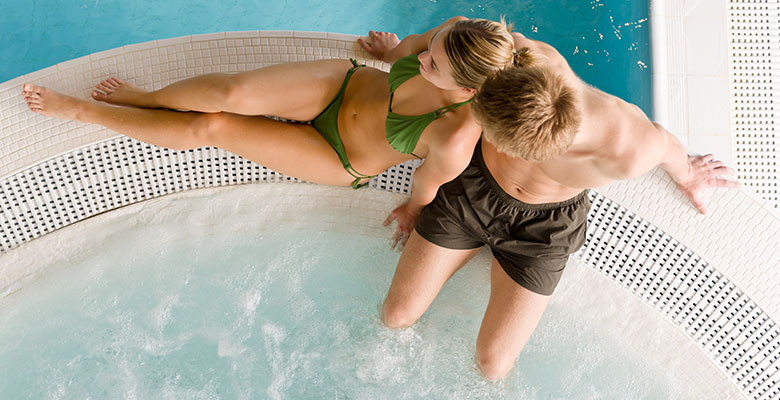What Is A Chlorine Allergy?

An allergy doctor is an allergist or immunologist, is a physician that is specially trained to diagnose, treat and manage allergies, asthma and immunologic disorders including primary immunodeficiency disorders. These conditions range from the very common to the very rare, spanning all ages and encompassing various organ systems.
WHAT IS CHLORINE?
It’s a no-brainer that chlorine can only be found in swimming pools in order to maintain the cleanliness and purity of the water. Chlorine also is the easiest way to clean the water to avoid replacing it every now and then. Also, chlorine is being used as an element in drinking water. The government was able to find a way to use chlorine in cleaning the tap water supply because contaminated water can seriously cause a lot of various illnesses. One of the treatment procedure that is being used today to clean the drinking water the supply is through water chlorination. It is the method where chlorine is being added to the water and allows it to kill the bacteria and other hazardous pathogens present in tap water. This can greatly reduce the increasing rate of water born diseases like dysentery, cholera, typhoid, and a lot more.
THE SIDE EFFECTS
Chlorine also has side effects that could harm anyone. It contains hazardous ingredients that produce a strong scent and sensation; it could be seriously poisonous and abrasive. Chlorine is also being combined with other chemicals to bleach materials, purify metals, and to disinfect water. The effects of chlorine solution totally depend on the length of time a person was exposed to the chemical and the amount that was absorbed by the body. Too much intake of chlorinated water can slow down brain activity, heart disease, kidney or liver cancer, unconsciousness, or worst – death.
Another scenario chlorine is being complained about is the break out of chlorine allergy.
WHAT IS CHLORINE ALLERGY?
Try looking into your crystal clear glass of water or that glittering swimming pool you’re dying to dive into, with the idea that it underwent the water chlorinating process; you’re now thinking that it is cleaner than tap water. Hence, since chlorine is one of the aggressive types of substance, it is not safe for everyone especially when in a more advanced dosage.
Also known as chlorine sensitivity, chlorine allergy is the unusual reaction of a person once got into contact with the chemical may it be external or internal. This kind of allergic reaction falls under the fourth type where symptoms are delayed and makes it harder for the person to determine that they are already experiencing chlorine allergy.
WHEN TO SEE AN ALLERGIST?
If you feel like you’re always getting sick, with a cough or head congestion, it’s time to see an allergist. Actually, the symptoms of allergies or asthma develop gradually over time. Allergy sufferers may get used with various treatments that can control and prevent the worsening of the symptoms and can improve that persons’ quality of life.
Any allergist, with his or her specialized training, can develop a treatment plan for different individual condition. The goal is to enable you to lead a life that is normal and allergen-free. Also, if you feel like having a chlorine allergy or sensitivity, seek an allergist advise immediately. Early diagnosis and treatment can help you enjoy swimming without worrying.
* SKIN SENSITIVITY
–Skin redness, tenderness, inflammation, and/or itchiness at the site of contact.
-Skin lesions or rash
-Scales or crust in the skin
* ALLERGY TESTING
The allergist will usually perform various tests to determine what allergens are involved and how to prevent further attacks.
* PREVENTION EDUCATION
The most effective approach to treating any allergy is to avoid the factors that trigger the condition in the first place. Even when it is not possible to completely avoid certain allergens, an allergist can help you decrease your exposure to any microbes.
* MEDICATION PRESCRIPTIONS
A number of new and effective medical methods and prescriptions are available to treat the different kinds of allergies.
Sometimes you may not be allergic the chlorine specifically, but you can still be sensitive to it or have a reaction. The allergy clinic Germantown can help relieve and treat your condition, whether you possess the allergy or not. So should you stop swimming? Of course not! Instead, you should seek proper treatment to enjoy the pool normally.



















